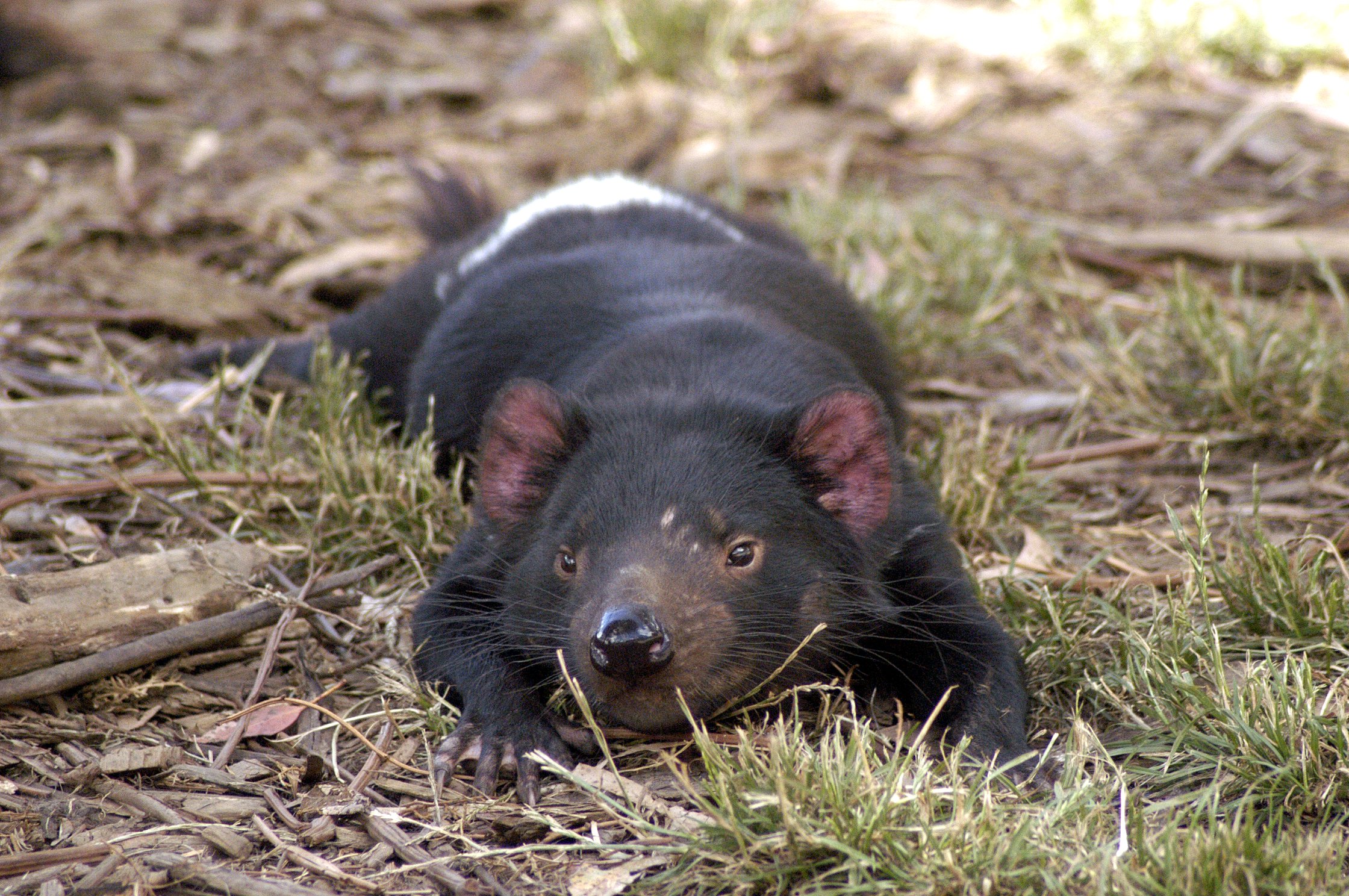Gap years - trying things out
#academiaWritten by Matt Sosna on June 8, 2013
In the sciences it’s easy to get in the mindset of “go to college, go to grad school, get a postdoc, be a professor” for your career. While this trajectory works, I want to talk about the crazy idea of breaking from the path for a year or two before you throw yourself into a PhD program. This applies to people applying to professional schools like medicine or law, as well!
To preface, going into grad school straight out of college does work. There’s a lot of people who do it and do it well. If you want to make a career as a researcher, starting grad school early lets you take on the all-encompassing lifestyle of a PhD before the (wonderful) commitments of more serious relationships and caring for family, and before you’ve gotten too much a taste of non-academic salaries and housing off campus.
But grad school is a huge commitment - it’s a bigger deal than choosing to go to college! (Five to seven years in the U.S., versus a four-year college.) You need the focus to stay productive in the face of almost zero deadlines, and the mental maturity to set work-life boundaries so you don’t burn out halfway through. Do you like fieldwork enough to get up at 7am on a Sunday if you have to? How do you react to the concept of motivating yourself to seek out textbooks and read them closely, as opposed to having the external motivator of a homework deadline?
If you like your subject and are motivated, none of these questions should be that intimidating. But there’s nothing forcing you to throw yourself into all that straight out of college. Dr. John Cheeseman, the former head of IB Honors at the University of Illinois, continually drilled into my head the idea that I don’t have to go to grad school right away, that there are literally dozens of other cool options to consider. Your post-college path can veer wildly away from research, taking you across the world and letting you try things you’ve never had the chance to do before.
Yeah, I didn’t believe him. If you’re anything like I was as an undergrad, all of that will sound like a nice what-if, the cool life of someone who’s not in your shoes. Applying to a PhD program as a senior in college meant having knowledge and stability on what would happen in the half decade (at least) after college. With literally the whole world open for the first time, I found myself surprisingly drawn to the idea of “settling down” into a PhD program, where I know what I’m doing in a month, this summer, next year. I was really nervous about the amount of uncertainty inherent to figuring things out as I went - what if none of the paths I tried worked out, or I couldn’t find enough work to completely fill my schedule? Would I have “failed”?
The point of this post is to pull a Cheeseman and encourage you to think outside the box, and to nudge you to be ok with the uncertainty from not having the next five years set in stone. The following alternatives to immediately starting grad school are applicable to new graduates looking for something to fill a few months before more permanent plans, rising seniors looking for stuff to do after graduation, and basically anyone else looking for summer plans.
1. Do research in another country on a Fulbright grant
Starting with the option that deviates the least from the research path, the Fulbright is something I highly recommend to students interested in research. The Fulbright is funding for one year to teach English or do research with a local organization in another country (i.e. you can’t work with an American researcher stationed in Panama). If you want to do research someday, this is a fantastic opportunity to try independent research out, not have it go as you expected, and then learn how to better conduct research. When you enter grad school for real, you’ll have the knowledge of your Fulbright year as a head start on learning to do quality work. Also, the experience of living in another country for a year, especially fresh out of college, teaches you a lot about yourself.
2. Work as a field assistant / do a lab internship
Part-time work in the area of research that interests you, especially if you can find something that pays or at least breaks even (e.g. housing is paid for), is awesome. For biology fieldwork, job boards like those of University of Texas A&M, the Ornithological Societies of North America, and Partners in Amphibian and Reptile Conservation constantly have researchers looking for people to help with fieldwork.
 You could study lizards in the Tucson desert, search for crabs on beaches in Washington state, or even end up in Australia watching fairy wrens through binoculars. Tasmanian devils (right) need research love, too. The options are out there! A Fulbright alumna I know did the “fieldwork rock star” lifestyle for a year, where she hopped from field project to field project. She barely broke even financially, but that’s ok early in your career. She got to spend a year traveling the world while simultaneously advancing her career. This is a great way to get exposed to a lot of types of research, too, and see what you like the best.
You could study lizards in the Tucson desert, search for crabs on beaches in Washington state, or even end up in Australia watching fairy wrens through binoculars. Tasmanian devils (right) need research love, too. The options are out there! A Fulbright alumna I know did the “fieldwork rock star” lifestyle for a year, where she hopped from field project to field project. She barely broke even financially, but that’s ok early in your career. She got to spend a year traveling the world while simultaneously advancing her career. This is a great way to get exposed to a lot of types of research, too, and see what you like the best.
[A more realistic note for the many college grads who can’t afford to do an unpaid or low-paying field assistantship but still want to get research experience: don’t be afraid to reach out to the head of the program and explain your situation. The vast majority of professors should be sympathetic to financial hardship and can often pull some strings to make ends meet for a motivated student. They may also help you secure funding through grants specifically aimed at enabling low-income students to pursue research.]
3. Ditch research for a bit
As much as you might like biology, it’s only one side of you. Ever wanted to tutor kids in creative writing? Find an apartment in San Francisco and intern at 826 National. Does doing manual labor on a farm in exchange for food and a place to sleep sound awesome? Check out work exchange programs like WorkAway. Programs like Fulbright and Footprints can let you teach English or other subjects abroad. When I discussed the potential for gap year(s) before a PhD with one adviser, he said about 4-5 years without science research should be the upper limit between finishing college and starting grad school. That’s a whole lot of time to pick cocoa fruit and build hiking trails in Costa Rica.
Conclusions
Graduating college is intimidating. Not knowing what happens next is scary. But it can also be exciting. I strongly believe (finally) in the benefit of taking time off, whether it be getting experience with research or trying something totally different. If you like the crazy different path you took, awesome! If it wasn’t what you thought and you miss research, grad schools are accepting applications every year. Grad schools will care more about your experiences with research than whatever grade you got in physics. This is one of the best times in your life to try something new. Don’t be afraid of trying something different just because you don’t know how it’ll turn out.
Best,
-Matt
